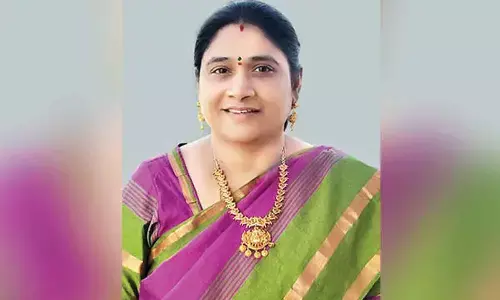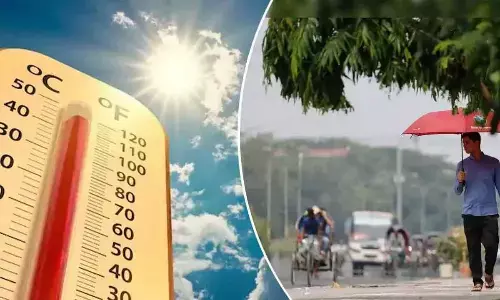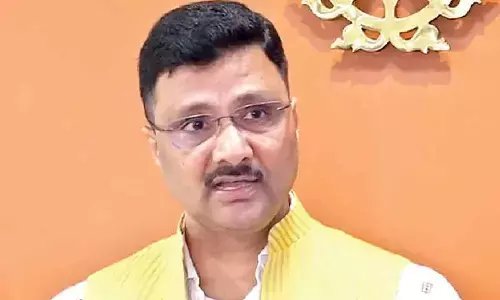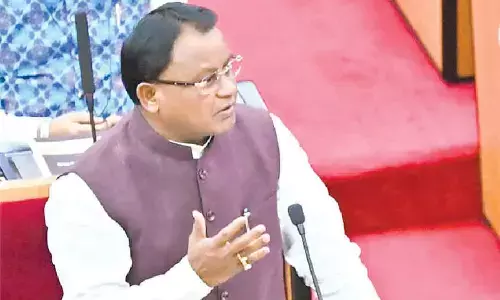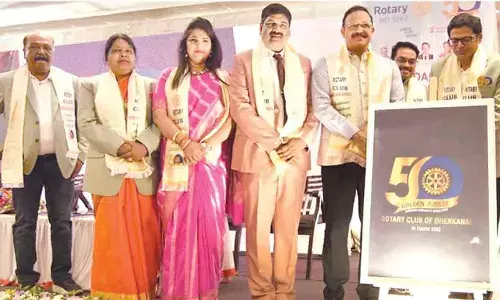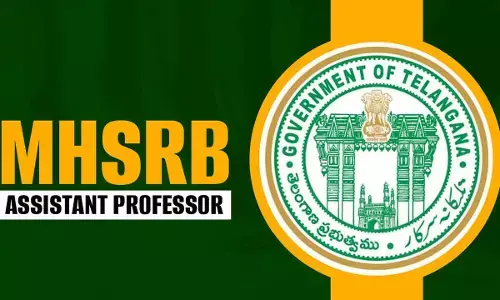Polls turn into street brawls

Polls Turn into Street Brawls, Elections for State Legislatures in Madhya Pradesh. The negative side is the mudslinging. I have watched campaigns of all elections since independence. There were fierce contests, particularly from the late Sixties. Yet none, neither an individual nor a political party, ever hit below the belt.
The elections for state legislatures in Madhya Pradesh, Rajasthan, Chhattisgarh, Mizoram and Delhi have indicated the mood of people. Many questions have come to the fore. The political parties face the challenge of finding an answer before the parliamentary polls next year.
Two trends have emerged, one plus and the other minus, from these elections. The positive aspect is that more voters have come to the polling booths than ever before, nearly 75 per cent exercising their franchise. If spelled out, it means that people have expressed their ever-increasing faith in the ballot box, an essential ingredient of democratic governance.
The negative side is the mudslinging. I have watched campaigns of all elections since independence. There were fierce contests, particularly from the late Sixties. Yet none, neither an individual nor a political party, ever hit below the belt.
At best, a remark like the one by Dr Ram Manohar Lohia, a socialist leader, was that Mrs Indira Gandhi, his strong opponent, was a goongi gudiya (a silent doll). There was no malice. Indulging in personal abusive remark was not considered ethical. Since then the thin line between what is moral and immoral has got erased. And it has become free for all.
The current State elections are considered a semi-final contest. I shudder to imagine how low would the level of the final, the Lok Sabha elections in May 2014, go to. Political parties have to agree upon a code so that the polls are not reduced to street brawls and the candidates do not behave like the urchins.
I think that the Election Commission has been too complacent and too accommodative. I have seen reports of giving warnings and asking for explanations from erring candidates. But no action has been forthcoming so far. I get the feeling that the two have come to develop a cozy relationship, the anti-thesis of independent elections. I do not doubt the veracity of elections. Yet the means are not less important than the end.
My greatest concern is over the attempt to polarise the society. Gujarat Chief Minister Narendra Modi may not have played the Hindu card directly. But all his speeches underline the notion of Hindu nationalism, an anti-thesis of pluralism which is the ethos of our country.
That the Rashtriya Swayamsevak Sangh (RSS) has forced his candidature on the moderate Bhartiya Janata Party (BJP) is understandable. But why people like Sushma Swaraj and Arun Jaitley, who are considered left of the BJP ideology, are sharing the rostrum with Modi? L.K. Advani, who has mellowed over the years, has made it clear through his attitude that he is distant from Modi and the communal politics he represents. The BJP has hit itself on the foot. The party has been expanding its base by diluting its anti-Muslim stance. By honouring at Agra two BJP members of legislative assembly during the election campaign, the party’s base has got shrunk. The voters have seen through the smokescreen it had created. Both the MLAs were charged with the participation in the anti-Muslim riots in Gujarat in 2002 and were let off by the court due to lack of concrete evidence. Their communal antecedents have only been confirmed.
The results for the legislature in the five States will have no bearing on the forthcoming Lok Sabha polls. They do not indicate that the parliamentary elections will go the same way. The voters are sick and tired of non-governance by the Congress government at the Centre. They are also horrified over the scams running into thousands of crores. The price rise is also a factor against the Congress. Therefore, the vote cast in favour of the BJP is a negative one. There are still no all India alternatives to the Congress and the BJP, however distasteful to most voters.
Yet the most disconcerting thing that has assumed dangerous proportion is the role of money. It has been always there, but has beaten this time all the previous records. There were 6,454 candidates in fray in the five States. Madhya Pradesh had the highest number of candidates—2,586 for 321 seats, followed by Rajasthan with 2,087 for the 200 seats. There was a drop in Chhattisgarh—843 contestants for 91 seats, 142 for 40 seats in Mizoram and a whopping figure of 796 for Delhi’s 70 seats. The expenditure runs into thousands of crores.
The various studies show that the cost per Lok Sabha seat is around Rs 10 crore. Seven to eight assembly constituencies constitute a Lok Sabha seat and the expense works out to Rs 1.25 crore per assembly constituency. But it is said that the minimum expenditure on an assembly seat is at least Rs 2 crore. Adding these figures, the total expenditure by the candidates comes to Rs 13,908 crore. Chief Electoral Officer (CEO) explains: “We do not want to put all the eggs in one basket.”
The campaign of Modi, the BJP’s prime ministerial candidate, is reportedly financed by the corporate sector. The party cadres are said to be happy for getting the money. The meeting of captains of industry at Ahmedabad last year to support the candidature of Modi for prime ministership emphasises their preference for him because his speeches indicate how they would have a free hand if he came to power.
They should have reconsidered their stand after the surveillance by the government’s security forces, including the anti-terrorist force, of a girl he had taken ‘fancy’ to in 2004. It was not protection but a close check on whom she met or where she went. The State’s inquiry committee is a farce. There should be a judicial probe. The surveillance is linked with Modi or, probably elections, in Gujarat. The overall picture may not be affected very much. Yet what it suggests is that electoral reforms are essential for free and independent polls.
There have been many committees which have proposed reforms. I recall Gandhian leader Jayaprakash Naraian making several recommendations. In fact, even the Janata Party, his creature, did not implement any one of them because Prime Minister Morarji Desai had different ideas. His personal integrity was beyond doubt, but he could not lessen the role of money in elections. That continues to affect the independence and fairness of elections even today.
Next Story


